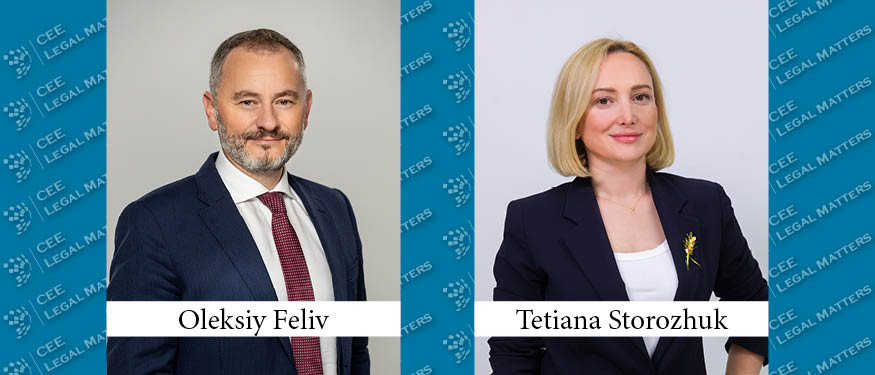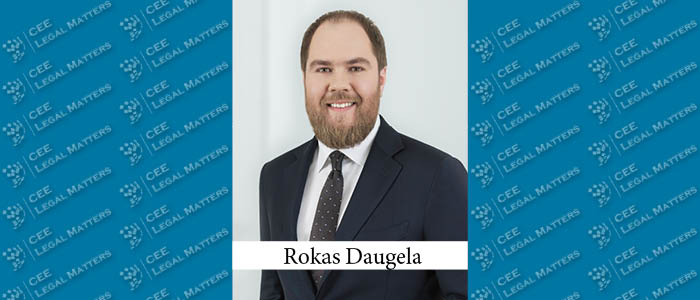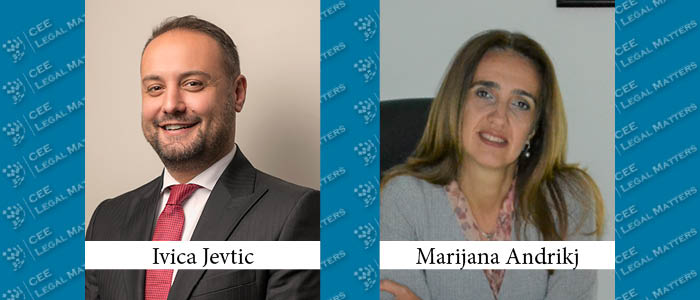In early January 2024, many managing directors in Hungary of companies with any agriculture-related activity could be surprised to receive a letter of the Hungarian Chamber of Agriculture stating that the company has become a member of the Chamber by law from 1st January. What does this chamber do, and what are the main consequences of the membership? Why it is worth to consider an opt-out from the Chamber? In this article, we address these issues.
Turkish Competition Authority Published the M&A Overview Report for 2023
The Communiqué No. 2010/4 (the "Communiqué") requires approval of the Competition Board (the "Board") on mergers, acquisitions and privatisation transactions that fall within its scope in order for those to be legally valid. The Turkish Competition Authority releases data relating to transactions requiring the Board’s clearance and examines those transactions in an annual report. In this respect, the transactions reviewed by the Board in 2023 were disclosed to public on January 5, 2024 through the Mergers and Acquisitions Overview Report (the "Report") [available in Turkish only].
Recent Trend in Croatian Data Protection: Unveiling a Surge of Enforcement Actions
The fifth anniversary of the General Data Protection Regulation (GDPR) in Croatia has ushered in an unforeseen and substantial transformation in the sphere of data protection. This notable shift is characterized by a surge in enforcement actions led by the Croatian data privacy watchdog, commonly known as the Personal Data Protection Agency (DPA – in Croatian AZOP). In stark contrast to the relatively quiet initial three years following the enactment of the GDPR (2018-2021) in Croatia, 2023 has become a turning point, witnessing a seismic shift in Croatian data protection enforcement.
New Tourism Act – What is the Impact on the Real Estate Market?
According to the government, the act is designed to tackle certain perceived downsides of excessive tourism, such as the lack of affordable long-term accommodation for the housing needs of the local population, a negative impact on the environment (especially the sea, sea coast, and islands), as well as a negative impact on cultural heritage sites.
Preparing the Ukrainian PPP Framework for Reconstruction
Ukrainian civilian infrastructure, particularly its vital components such as energy facilities and seaports, was heavily targeted by Russian missile strikes, causing severe damage. Combined damage to civilian infrastructure and energy industries already exceeds USD 50 billion. Since the beginning of hostilities, 18 airports, at least 344 bridges and overpasses, and over 25,000 kilometers of roads were damaged.
ESG Evolution: Navigating Challenges, Rebuilding, and Embracing a Sustainable Future
Large energy companies are taking measures to become green in order to meet targets to reduce carbon emissions. The main stakeholders – investors, customers, rating agencies, and regulators – are pushing energy companies to set more environmental, social, and governance goals publicly. For these companies, the “E” in ESG should be the foundation of their strategy.
Resilience in Ukrainian M&A Activity
As Ukraine is fighting off the brutal invasion by the Russian Federation, the Ukrainian M&A market is at its lowest point, at least in terms of the number of deals, since 2000. Still, interesting trends are emerging and there is great hope for a bright future.
Quick Recovery of Ukraine: How the Government is Preparing for Reconstruction
The reconstruction of Ukraine – critical infrastructure, housing, hospitals, and social facilities – is already underway. This major effort has been significantly assisted by international support. Ukraine’s commitment to transparency, coupled with specific regulations under martial law, has been instrumental in achieving this progress.
Accessing Capital in Light of Uncertainties of War
As the full-scale war continues into the second year, Ukrainian companies are facing unprecedented difficulties with attracting capital which is desperately needed to restore their day-to-day business operations and production halted by the military aggression. Predictably, international debt capital markets remain inaccessible not only to Ukrainian private borrowers but also to sovereign entities. The unpleasant situation worsens with high costs of borrowing, which have skyrocketed even more for Ukrainian borrowers since the outbreak of the war due to unsustainable country risk.
Lithuania: Proposed Tax Changes Bring Uncertainty Among Taxpayers
Lithuania’s tax system underwent a major overhaul in 2004 when the country joined the European Union. For almost two decades, its evolution has been slow-paced – one could even call it cosmetic.
North Macedonia: The 2022 Draft Tax Reforms
Here, we will look at the draft tax reforms proposed by the Government of the Republic of North Macedonia in 2022 (Tax Reforms) that aims to ensure a fair, efficient, transparent, and modern tax system.
Austria: The Start-Up Promotion Act (Start-Up-Foerderungsgesetz)
At the end of May 2023, the Austrian Ministry of Finance issued a new draft law. The Start-Up Promotion Act is intended to create a new regulation for start-up employee shareholdings that should apply to shares surrendered on or after January 1, 2024.
Romania: The VAT Deduction Right on the Acquisition of Intercompany Services
The VAT deduction right is probably the most important topic in the VAT system of the European Union. This is also confirmed by the jurisprudence of the Court of Justice of the European Union, where it represents the most addressed subject.
Latvia: Changes to the Tax Control System
Amendments to the Latvian Taxes and Duties Law came into effect on June 30, 2023. The aim of these amendments was to enhance the efficiency of the tax control system.
Turkiye: New Tax Considerations for M&A Transactions
Mergers and acquisitions (M&A) transactions are both legally and logistically complex. Tax planning is one of the key aspects in nearly all M&A transactions, especially in cross-border deals, as it can help to minimize the tax burden on both the buyer and the seller. Recent developments in Turkish tax law have introduced some new considerations for those transactions. In particular, the taxation of share premium and the end of tax-exempt corporate spin-off for immovable property will have a significant impact on M&A tax planning, potentially increasing the tax burden for the parties.
Moldova: Incentive Tax Regime Applied to IT Park Residents
The IT sector, which is the most innovative area of the 21st century, requires the most innovative tax approaches. Moldova also considered the specific features that distinguish the IT sector and created a specific incentive tax regime for IT firms. In this regard, Law on Information Technology Parks No. 77 of April 21, 2016, regulates the activity carried out by firms that become IT Park residents and grants them the opportunity to apply for a single tax regime.
Croatia: Are you Ready to Meet the Demands of the World’s First Carbon Border Tax?
The European Union has initiated the world’s first carbon border tax, called the Carbon Border Adjustment Mechanism (CBAM). The CBAM Regulation was ratified by EU co-legislators on May 10, 2023, and became legally effective on May 16, 2023 following its publication in the EU Official Journal.
Serbia: Updates in the Tax System
From personal income tax to compulsory social insurance and punitive measures for tax return submission failures, there is a plethora of tax legislation updates that are critical to stay apprised of in Serbia. Tax novelties are, as usual, numerous and perhaps complex to comprehend for someone who is not well versed in tax issues. However, those devoted to running a successful business can greatly benefit by keeping track of tax updates.

































